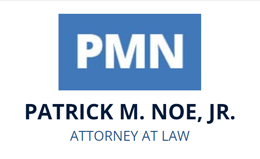What to know about substance abuse and child custody
Divorce is tough, especially when you have children. New York laws prioritize the child’s best interests when making custody arrangements. A judge considers many things during the process.
What happens if your child’s other parent is struggling with substance abuse? Can you obtain sole custody?
Types of child custody
In New York, custody falls into two categories: legal and physical. Legal custody involves making important decisions about your child’s upbringing, such as education and health care. Physical custody refers to the home where your child lives. It involves the physical care and supervision of your child.
Impact of substance abuse
When a parent abuses substances, it can lead to neglect, instability and even dangerous situations for your child. In such cases, the court may determine that it is not in your child’s best interest to be in the care of the parent struggling with drug or alcohol abuse.
Factors considered by the court
The court evaluates many elements when determining custody arrangements. It considers each parent’s mental and physical health, work schedules and lifestyle. Other important factors include the child’s age, health and relationship with each parent.
In cases involving substance abuse, courts also look at:
- The child’s safety: Does the other parent’s substance abuse pose a threat to your child’s security?
- Parental fitness: Can each parent provide a stable and nurturing environment?
- History of substance abuse: What is the history of abuse, treatment attempts or rehabilitation efforts?
- Impact on the child: How has the drug or alcohol use affected your child in the past, and how might it impact future well-being?
The court may consider other relevant factors as well. This process aims to ensure your child’s health, safety and overall well-being.
Steps to take
If you believe that your child’s other parent is unfit due to substance abuse, you can petition the court for sole custody. You will need to provide evidence to support your claim. Proof may include police reports, witness testimonies, DUI charges or records of treatment programs.
It is challenging to obtain sole custody in any divorce case. However, substance abuse can be a significant factor in the court’s decision-making process. Knowing your legal options can help you get a custody arrangement that protects your child’s best interests.

